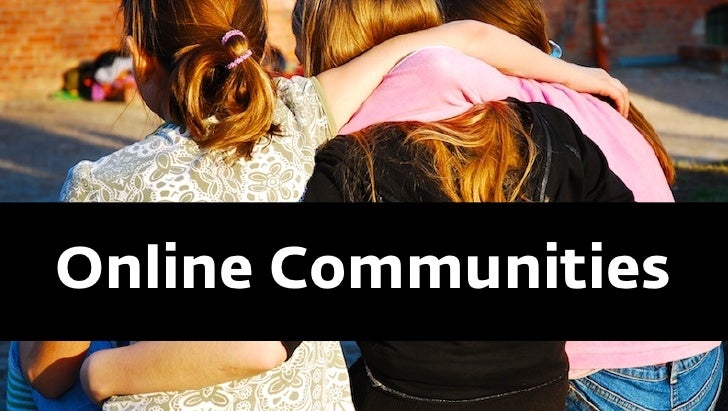
Memes are more than just lighthearted jokes or viral images shared across social media. They are a cultural language that can unite people, spread ideas, and even influence behaviors. While they often bring laughter, memes can also shape the way communities interact online and impact mental health in both positive and negative ways. For individuals in recovery, understanding the influence of memes and online humor can shed light on how digital culture affects emotional well-being and personal growth.
The Psychology of Memes and Virality
Memes work because they tap into shared experiences and emotions. They are short, relatable, and easily shareable, which makes them perfect for spreading quickly across digital platforms. The humor often comes from exaggeration or irony, allowing people to laugh at situations they recognize in themselves or others. Psychologically, this shared humor creates a sense of belonging and connection, even among strangers.
The viral nature of memes activates the brain’s reward system. Every like, share, or comment reinforces the behavior, providing a quick dopamine boost. For those who are already vulnerable to addictive patterns, this cycle can become another way of seeking validation online.
The Positive Side of Meme Culture
When used mindfully, memes can provide comfort, stress relief, and even a form of therapy. Many recovery communities use humor to cope with challenges, creating memes that highlight the ups and downs of healing. Laughter can reduce stress hormones, strengthen social bonds, and make difficult topics more approachable. In this sense, memes can be a valuable tool for fostering resilience and connection.
For individuals in recovery, seeing humorous takes on shared struggles can serve as a reminder that they are not alone. It can also open the door for conversations that might otherwise feel too heavy or stigmatized.
The Risks of Meme Consumption
Despite their benefits, memes can also have harmful effects. Some memes trivialize serious issues, spread misinformation, or encourage unhealthy behaviors. For someone in addiction recovery, exposure to memes that glorify substance use or mock mental health challenges can trigger harmful thoughts or cravings.
Additionally, overconsumption of memes can contribute to digital fatigue. Constantly scrolling through humorous content may create a cycle of distraction and avoidance, preventing individuals from processing emotions in healthier ways.
Building Healthier Online Communities
1. Choose Positive Spaces: Engage with online communities that use memes to uplift, educate, and support rather than criticize or demean.
2. Use Humor with Intention: Share and enjoy memes that encourage growth, resilience, and lighthearted connection. Be mindful of content that reinforces negative behaviors.
3. Balance Digital Engagement: Limit time spent on meme-heavy platforms to avoid compulsive scrolling. Replace excessive screen time with activities that nurture recovery, such as journaling, physical exercise, or spiritual practices.
4. Create Supportive Content: If you enjoy making memes, consider creating ones that reflect hope, encouragement, and the reality of recovery. Humor can be a powerful way to spread positivity.
Conclusion
The meme effect is a powerful force in shaping online culture, influencing the way people connect and share ideas. While memes can be a source of joy and belonging, they can also reinforce harmful patterns if consumed without awareness. For those in addiction recovery or managing mental health challenges, approaching meme culture with balance and intention is key. If you or someone you love is struggling with the impact of online content, reaching out for professional support can help. Compassionate, holistic care provides the tools needed to build resilience, maintain balance, and move forward on a healthier path.